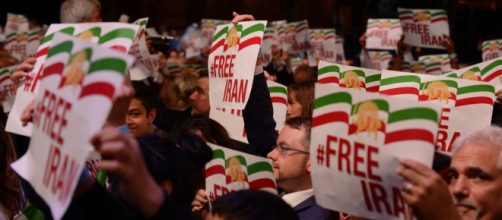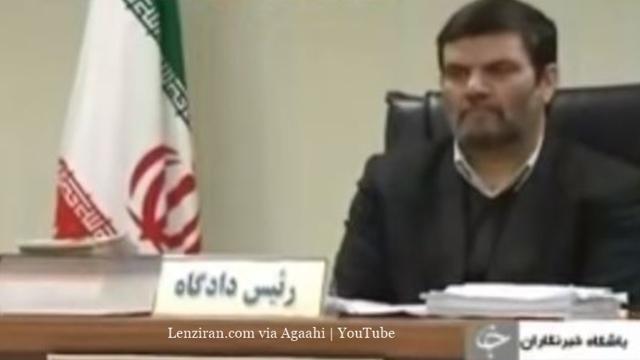Last month, two major developments took place with regard to American dealings with the Islamic Republic of Iran. First, President Trump pulled the US out of the 2015 Iran nuclear deal, reiterating his position that it should never have been agreed to in the first place. Then, Secretary of State Mike Pompeo gave his first official speech on foreign policy and outlined an Iran strategy that was to include “the strongest sanctions in history” and elicit serious concessions from the Iranians on matters that are not limited to their nuclear program.
These dual announcements are only some of the latest indicators of the firm position that the US has maintained with regard to the Islamic Republic since taking office.
This approach is out of step with past US policy, as well as with the longstanding policies of its European allies. As such, it is no surprise that the administration’s moves have been met with anxiety from numerous defenders of the status quo. These critics are prone to describing Trump’s firmness as a precursor to war, and Iran’s mullahs are only too eager to help promote that narrative. But nothing could be further from the truth. A firm approach to dealing with the Islamic Republic is, in fact, the best means of avoiding war, not only between the US and Iran but also among various nations of the Middle East.
Tehran’s irrational aggressive behaviour
Tehran’s irrationally aggressive behaviour supports the notion that the Iranian regime will be unwilling to compromise even under vigorous international pressure. At the same time, the extent of Iranian force-projection in the region suggests among some quarters a certain amount of strength in that regime, which raises red flags about the potential consequences, should Iran go on resisting American pressure until war breaks out.
This supposed strength is all the more significant if, as critics also tend to assume, the regime is characterised by relative internal stability, with no viable alternative to the theocratic dictatorship.
But all of these assumptions are false.
Iran does not enjoy internal stability, there is an active and organised Resistance movement aimed at replacing the clerical regime with a secular democracy, the existing regime’s apparent strength is merely a façade.
This latter fact is borne out by history. Under its original supreme leader, the Islamic Republic made extraordinary efforts to avoid compromising or admitting defeat, as in the case of the eight-year war with Iraq in the 1980s. Yet when conditions grew sufficiently challenging, the mullahs recognised that the price of intractability could be the loss of their grip on power, and they ultimately made begrudging concessions. When the regime agreed to end the Iran-Iraq War, Khomeini famously described it as “drinking a chalice of poison”.
Khomeini’s decision was spurred not only by the devastating effects of the war but also by the growth of domestic discontent and the expanded activities of pro-democratic Resistance groups namely the People’s Mojahedin Organization of Iran (#PMOI/#MEK). In this, there are clear parallels to today, when Khomeini’s successor, Ali Khamenei faces the simultaneous pressures of US-led economic pressure and a massive protest movement spanning virtually the entire Islamic Republic. Khamenei even admitted in January that a then-ongoing mass uprising had been largely planned and organized by the MEK, which remains at the head of the Resistance today.
Iran freedom rally
This, of course, speaks to the fact that, contrary to the assumptions of so many Western policymakers for years, there is a viable alternative to the clerical regime.
Its persistent activities undermine the stability of the existing regime while its clearly articulated plan for the future suggests that a democratic Iran would be free of such problems.
That plan will be conveyed to the international community on June 30 when the Iranian communities supporting MEK and the opposition coalition, the National Council of Resistance of Iran (NCRI), will hold the annual Iran Freedom Rally outside Paris. The MEK is the main member organisation of the NCRI that is led by Mrs Maryam Rajavi. Tens of thousands of Iranian expatriates and hundreds of political dignitaries from across the globe will take part in the June 30 event.
It would be wise of Western leaders to open their ears to the message from the meeting in support of the Iranian people’s uprising and regime change by the Iranians and the organised resistance.
That message, together with the above-mentioned facts about Iran’s current situation and historical behaviour, constitutes a convincing rebuttal to advocacy for maintaining the status quo. Thus, the western policymakers should emphasise these facts to demonstrate how assertive policies for the Iranian regime can provide meaningful support for a popular, active, and viable democratic resistance movement to bring about major change in Iran that will herald a lasting and enduring peace in the region.




